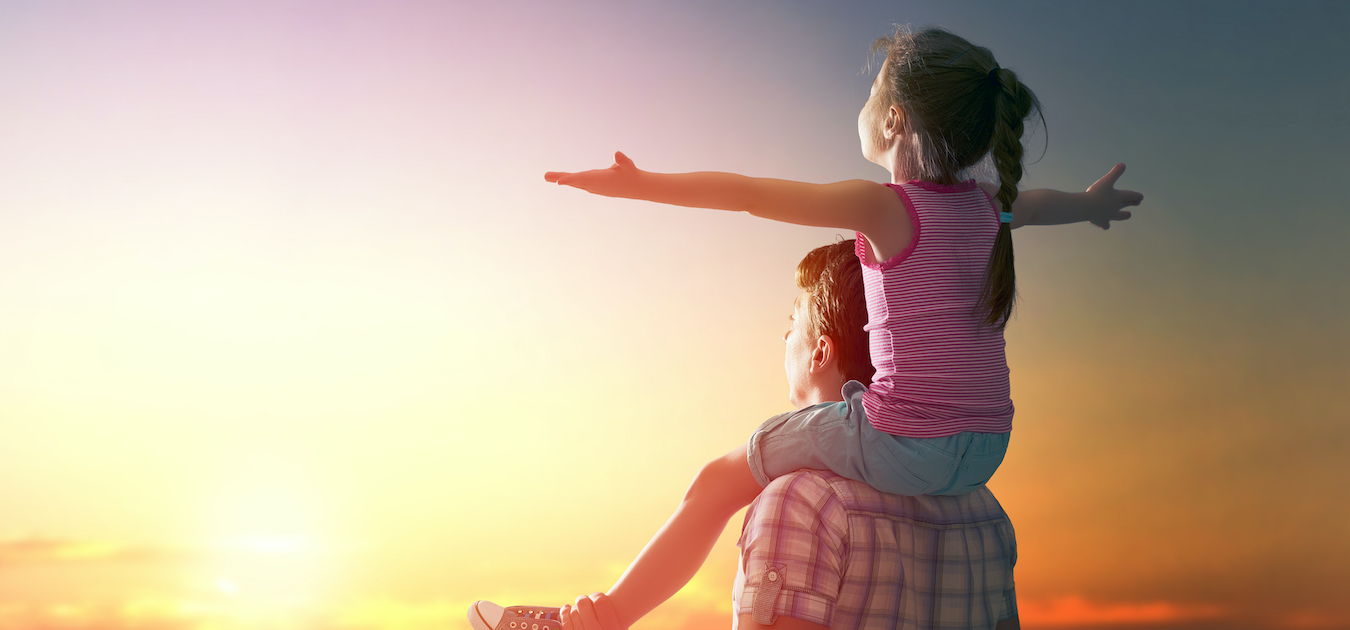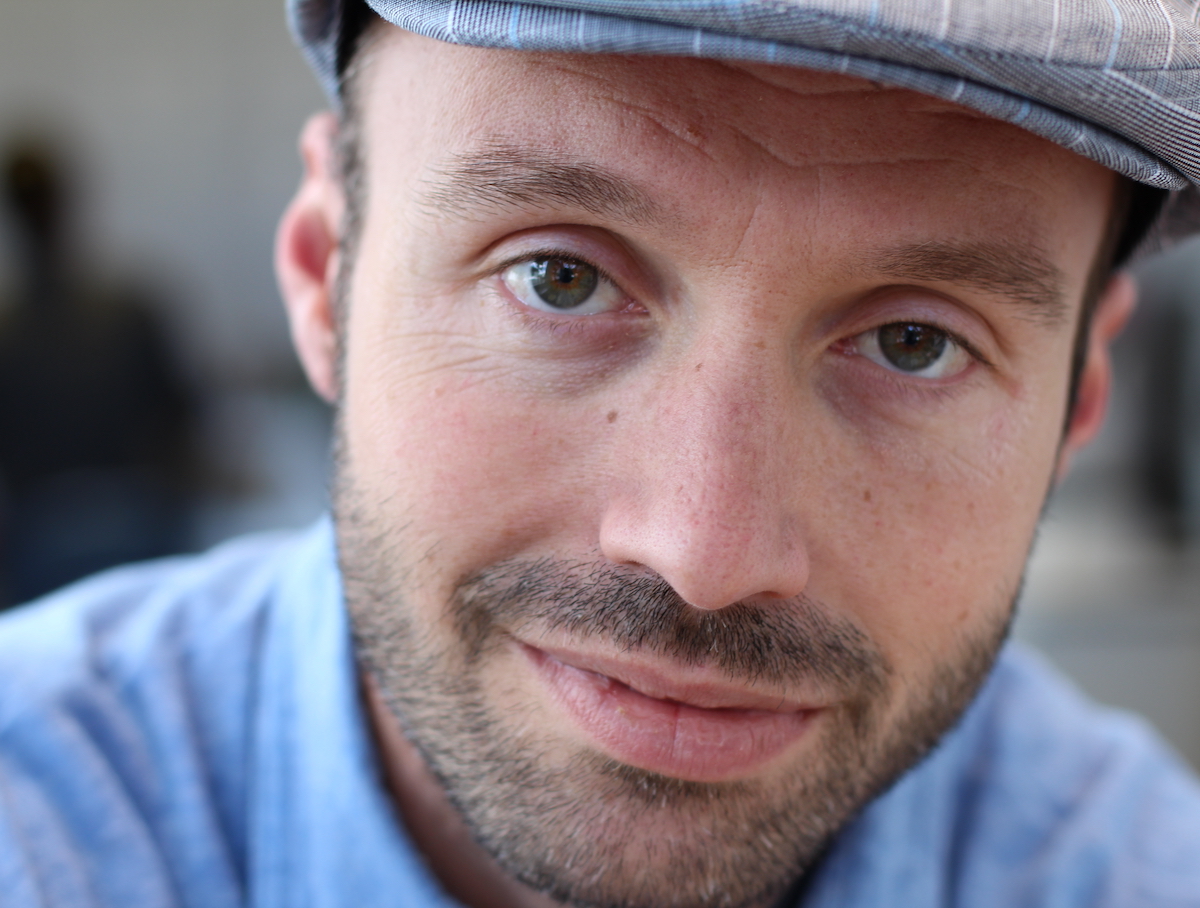When I contemplated this series, I wanted to start with a story of which I had intimate knowledge. After all, this inaugural entry was going to serve as the pace car for the stories to follow. I wanted a story of hope flourishing from the seemingly hopeless. I wanted to tell a story of finding light in the darkness. Then, it hit me– why not tell a story that I know very well? Why not tell my story?
Throughout my life, I’ve struggled with depression. Now in my early 40’s, I write this to you as an individual who has worked here at MHAEM for almost three years in total, and coming up on two years in my current position. I love my job with every fiber of my being. I used to scoff at those who said “If you love what you do, you’ll never work a day in your life!” I thought it was the dumbest thing I ever heard. I always wondered how people could say such a thing. Alas, I get it now. I worked in Information Technology most of my adult life, and hated every minute of it. So, in many ways, working here at MHAEM has given my life direction. It’s given my life meaning. It’s given me a purpose.
In my time on this planet, I’ve learned humanity is capable of breathtaking beauty and unimaginable horror. However, it’s a fundamental belief of mine that people are inherently good. I also believe that we are at our best when we reach our hand downward to pick up our fellow humans when they fall, and that true strength is knowing enough to reach up and take the hand offering us help. It was a core belief of mine that when push came to shove, humankind would do what was right over what was easy. Without hesitation, I gave myself over, in service to people. I firmly believe that humankind can be more–so much more. I hold these views as a pillar of my existence. They are of the utmost importance to me.
However, at one time, my beliefs were put to the ultimate test.
Without getting into specifics, some current events occurred, give or take 18 months ago, that caused me to instantly find myself in somewhat of an existential crisis. Much of my belief structure was crumbling. I was struggling with the thought that much of what I believed was a lie. I was shaken to my core. Push came down to shove, and people chose to do what was easy–over what was right. My will was broken.
For the days and weeks that followed, I was in the proverbial rut. Living most of my adult life with depression, I knew I was there again. The world seemed as though it was lit in the gray coldness of fluorescent bulbs. A cloud hung over me and everything I looked at. I dragged myself to work over the next couple of days. I grew more and more embittered. I became what I have an anathema for–I became hate-filled. I was angry at people who weren’t as offended as I was. I won’t even mention what I felt about those who were happy with said current events. Life was pointless. I was, in a word, hopeless.
Then, something simple happened–I remembered where I worked.
Part of my responsibility at my job is information and referrals. On this ordinary day, I started it feeling very morose. My symptoms of depression were prevalent. I refer to those days as “valley days” playing off the ‘peaks and valleys’ idiom. Conversely, when I’m in a good mood, it’s a “peak day”. It’s simple. But, it works for me.
I was living many ‘valley’ days of late, and I just wanted to wake from what I described as a nightmare. So, this ordinary day started like any other. Then the phone rang. The woman on the phone was crying. Though, she wasn’t upset–she was grateful. She was grateful because she spoke to Danielle Pera’s PATH team (Projects for Assistance in Transition from Homelessness). This woman was homeless and living out of her car, and this majestic team found her a warm bed for the night, and began the process of removing her off of the streets. This woman, who had fallen on hard times, was unspeakably grateful for their efforts and generosity. The things we take for granted, like a warm bed, meant everything to her.
A few days later, another call. This woman wanted to tell me how wonderful her community companion was, and what it meant to her to have this selfless volunteer in her life. For those who do not know, Community Companions Program is MHAEM’s version of the national Big Brother/Big Sister program. Ordinary, everyday folks do the extraordinary as volunteers. It meant so much to this consumer to be able to get out of the house for a couple of hours a week and go to the movies with her new friend. Yet another thing we take for granted, transportation, meant everything to this kind woman. The ability to get out of the house seems commonplace for you and me…but, it’s not for everyone.
More stories came flooding in over the course of time. Madine Despeine, my program director, outstanding colleague and mentor, along with my surreal colleague and mentor, the incomparable, Tracy Klingener, intervened in a suicidal crisis on our Peer Line, and successfully defused the situation and made sure the consumer received help. Our Peer Line is a warm line, where people can call and speak to someone who has been there. It’s run by mental health consumers for mental health consumers. I heard wonderful success stories about Femitchell Ashley, Craig Monteleone’s and Laurie Licastro’s ICMS teams (Intensive Case Management Services), and the case work that they do. About these determined folks, I heard the expression “They’re life savers!” repeatedly. I heard testimony of Taisia Koeppel’s CSS team (Community Support Services), and what it meant for these folks to have this help as they transitioned out of Greystone. I saw the important work Deanna Ackerman’s AOT (Assisted Outpatient Treatment) team does, getting their clients the help they need. These stories kept coming, as if the universe knew I needed to hear them.
One act of kindness, followed another, followed another.
See, the fallacy is that we ONLY deal in mental health services and case management, which underneath it all, is true. However, overall, it misrepresents us. It doesn’t do us justice. We do those things, yes. But, we, at our heart, deal in hope.
We are merchants of hope.
It was these actions by colleagues and friends; these people I am in awe of and gratefully walk alongside every day. It’s my co-workers and mentors I proudly stand beside, in the proverbial trenches, fighting the good fight with, who began to bring me back to life. These simple acts of kindness I witnessed daily rebuilt me; brick by proverbial brick. It relit the fire inside of me. They helped me to remember who I was and why I gave myself over—in service of others.
I am humbled to say, I am on my way back. I am healing, mending, and less embittered. I am less angry. I remember my purpose here, not just at my job, but on this Earth. As those who battle depression know, that when you are in a valley, it’s a long and arduous road back. However, I know I’ll make it. Because, I’m taking it day by day, with The Mental Health Association of Essex and Morris serving as a lighthouse showing my path back to shore. I’m not on Terra firma quite yet, but I’m hopeful I will be soon.
And that’s the point, isn’t it? My colleagues, MHAEM, enabled me, once more, to hope.




